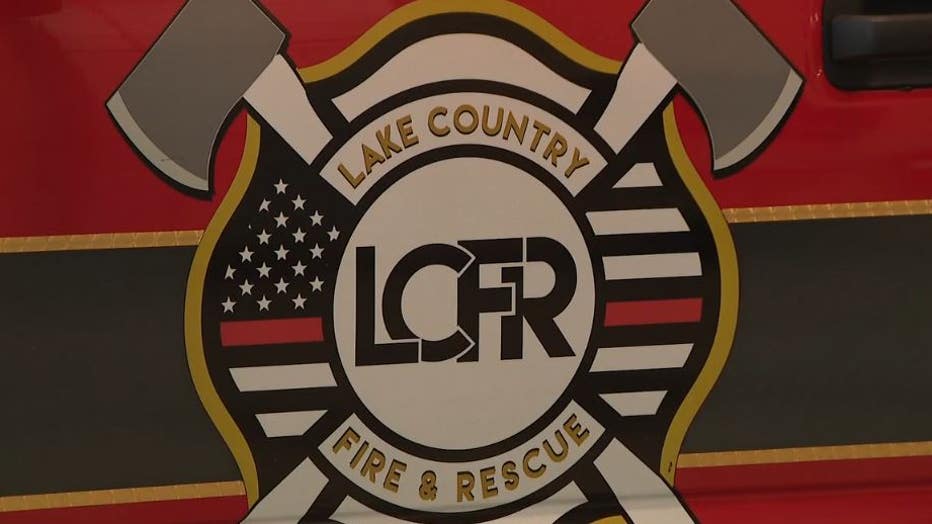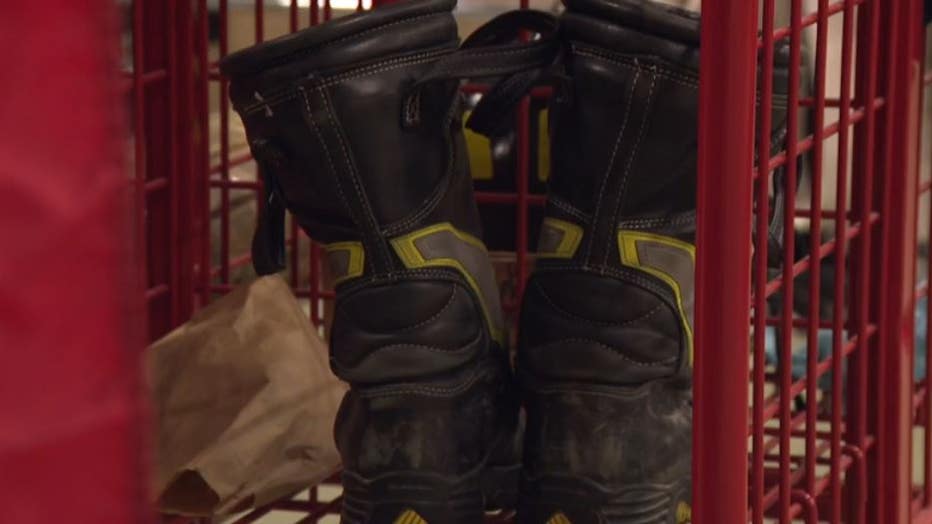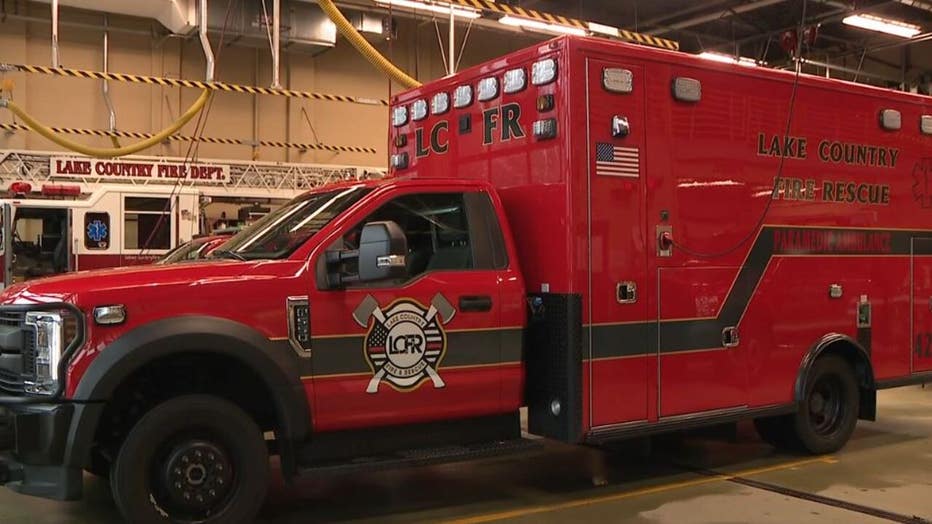Lake Country Fire funding crisis 'risking the people we protect'

Lake Country Fire funding crisis 'risking the people we protect'
EMS and fire officials say the lack of funding has hit a critical point, so like they do when they arrive at any emergency, they’re looking for solutions.
DELAFIELD, Wis. - EMS and fire officials say the lack of funding has hit a critical point, so like they do when they arrive at any emergency, they’re looking for solutions.
"It’s an emergency for us to make sure we’re able to respond to emergencies," said Lake Country Fire and Rescue Assistant Chief Matthew Haerter.
Firefighters and EMS workers are used to all kinds of emergencies.
"We can treat someone with our paramedics, and we can take them to the hospital," said Haerter. "We can respond to a fire incident and clear that relatively quickly."
It’s a funding crisis that’s sounding the alarms.
"This is something that’s a marathon," said Haerter. "It’s risking the people we protect. It’s risking their property, and it’s risking our firefighters."

Haerter said their response times have gone up about 3 minutes.
"Our call numbers are higher than ever," said Haerter.
They’ve even had to close stations some of the time, saying it’s harder to find volunteers and paid-on-call workers.
"That model is slowly going away," said Haerter. "In some places, that’s going away faster, like ours."
They’re bringing the same kind of commitment they carry to calls to the table with lawmakers. Haerter and area residents made the appeal at a listening session with State Senator Chris Kapenga, including a Town of Delafield resident whose wife was saved by a Milwaukee firefighter after a cardiac arrest.
"It was a success story for us," said John Schroeder. "Had the same situation happened in the Town of Delafield, it may have been a very different outcome."

"I strongly believe local voters know best when it comes to how much I want to be taxed," said Kapenga during the listening session. "If they see the struggle, and if they see problems with their public safety, then they will step up."
Several of the communities Lake Country serves sent a letter to lawmakers, saying they believe referendums are only short-term solutions, asking them in a letter for help find sustainable funding solutions, noting that Wisconsin gives little direct funding to support fire and EMS. They asked legislators to help by establishing funding options and considering more flexibility for fire and EMS under the state levy limit.
"You don’t have free law enforcement," said Haerter. "You don’t have free garbage collection. You don’t have free Department of Public Works, but you had free fire service."

Haerter said he and other emergency responders want to help do what they do best – find a solution to a crisis.
"What we would see as an absolute victory with this is having a seat at the table to help solve the problem," said Haerter.
Haerter said two of the seven municipalities Lake Country Fire and Rescue serves are going to a referendum – searching for ways to find funding for new full-time positions.

